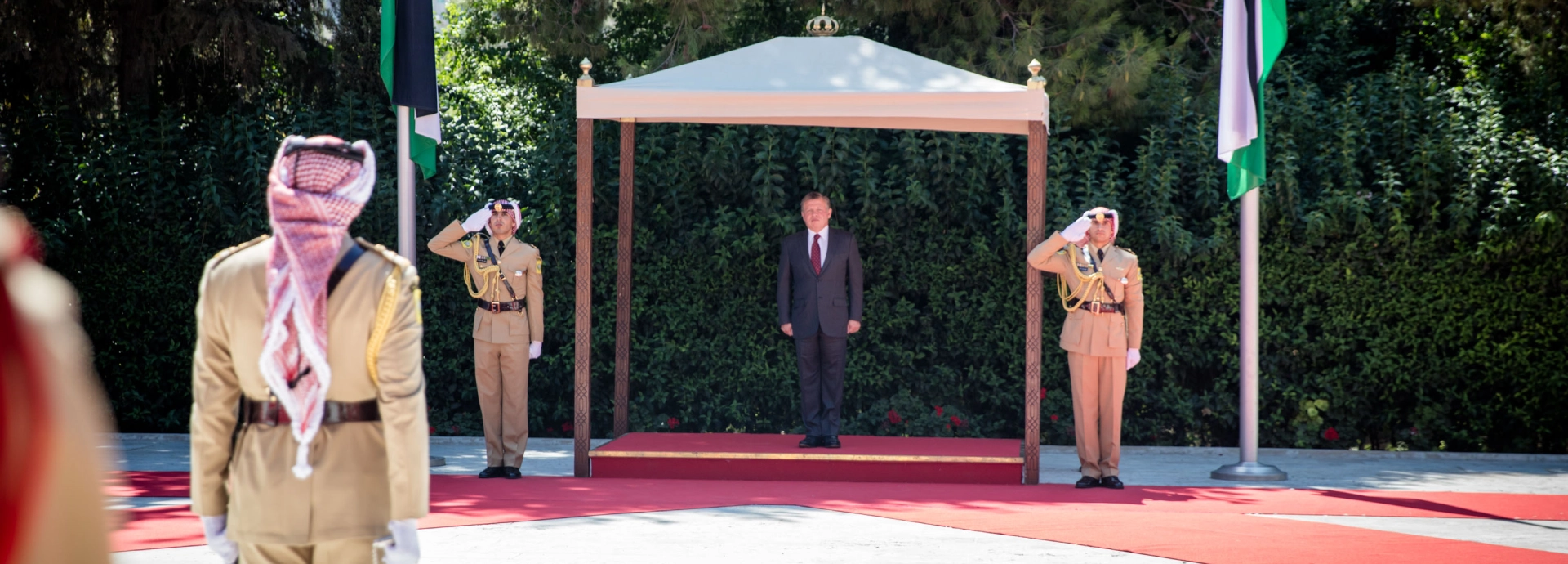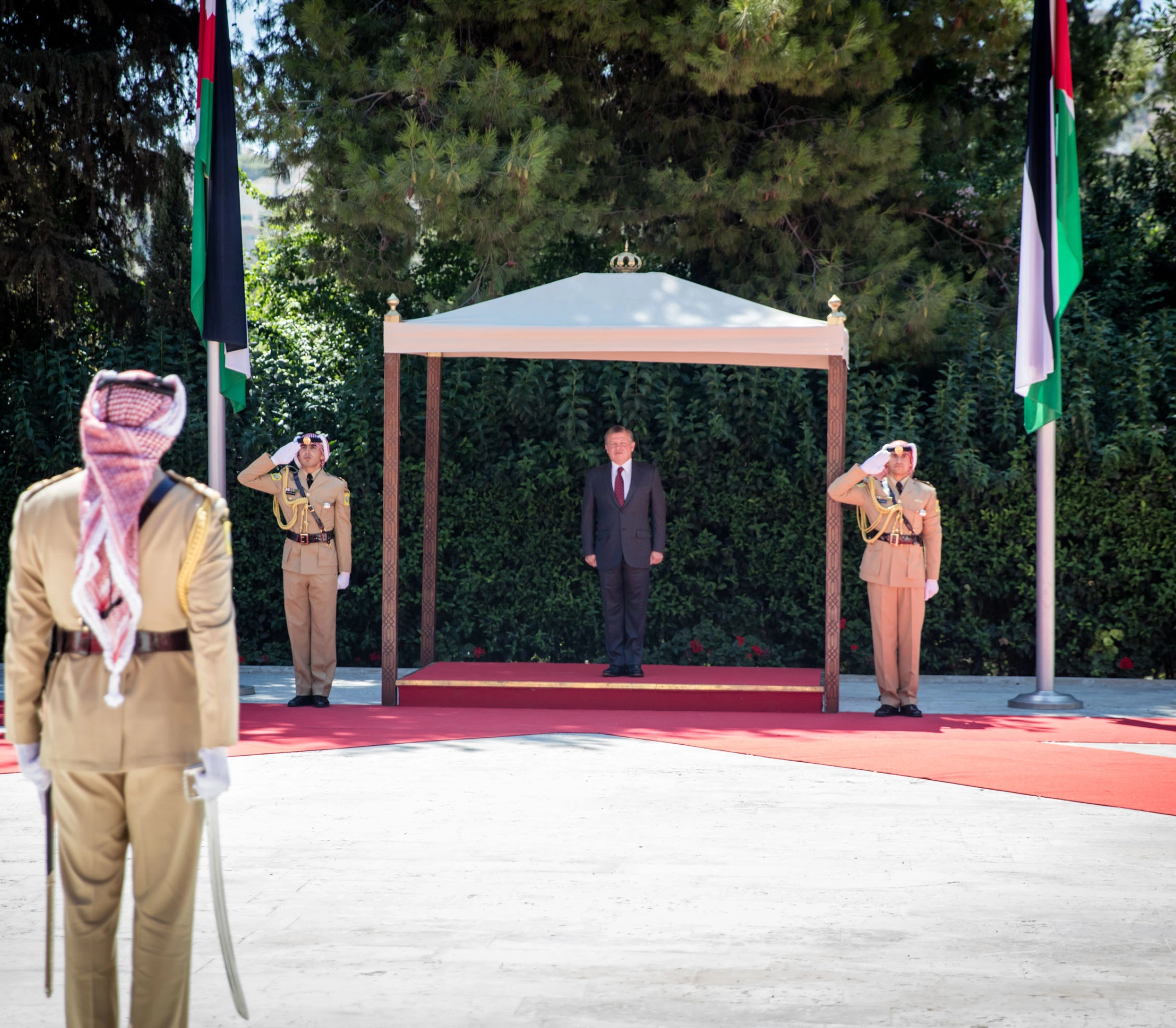

King urges strategic US involvement in region
29 February 2008
The US should be completely involved in Middle East peace process to influence the course of discussions, monitor progress and help bridge the gaps to ensure a final agreement by the end of 2008, His Majesty King Abdullah said on Friday.
In a speech delivered at Princeton University's Woodrow Wilson School of Public and International Affairs, King Abdullah stressed “the critical importance of a long-term strategic American involvement in the development of the Middle East”.
“I am here to explain that such a commitment is an opportunity to transform the strategic landscape of the Middle East for years to come,” he told students and faculty members at the school.
The King urged academics to help draw up a US strategy in the area.
"I know that optimism does not come easily in academia," he said. "But I do know about the visionary thinking that is the scholar's gift. Today, I ask you to employ visionary thinking to consider a short- and long-term strategy that will ensure a viable, stable, prosperous Middle Eastern region and a safe and secure world for all."
The King pointed out that the world's 57 Muslim countries are not at peace with Israel, and said their citizens deem the conflict in Palestine as the issue of their time. He asked the audience to consider of the implications for global stability if the Mideast conflict continues.
King Abdullah asserted that 2008 is a critical year. “We are in the best possible position to resolve 60 years of conflict between Israel and Palestine,” especially since the Arab and Muslim states have committed to an “unprecedented and unanimous peace initiative”.
The King pointed out other “serious” threats facing the Middle East, including opportunities for youth, economic development, resource scarcity, chronic conflicts, institutional challenges and nuclear weapons proliferation.
“We must meet the expectations of this younger generation," he said, noting that the youth constitute 70 percent of the region's population. "In my region, we expect to need 200 million new jobs by 2020. Creating these opportunities will require investment and partnerships to develop new infrastructure, meet energy and water needs and improve public services and education. A strong cooperative Arab-American strategic partnership must be created.”
If the situation remains unchanged, he said, the region will be caught up in conflicting radical ideologies, fuelled by the manipulation of sectarian division, rendering a region that “rejects Western alliances, perhaps violently, because they have become far too difficult to achieve”.